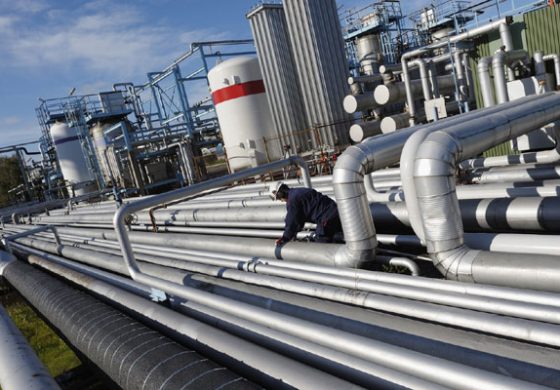OPEC countries have increased oil production by 40,700 barrels per day, to 32.32 million barrels in July 2018 thanks to the contributions of such countries as Kuwait, Nigeria, UAE and Iraq, the OPEC’s August report said.
Thus, Kuwait has increased production by 78,500 to 2.8 million barrels per day, Nigeria – by 70,500, to 1.67 million barrels per day, the UAE – by 69,200, to 2.96 million barrels per day.
At the same time, production has declined in Libya, Iran, Saudi Arabia and Venezuela, the report said.
Thus, in Libya, production fell by 57,000 to 0.66 million barrels per day, in Saudi Arabia – by 53,000, to 10.39 million barrels, in Venezuela – by 48,000, to 1.28 million barrels per day.
At the same time, the largest oil producer in OPEC – Saudi Arabia – has presented to the organization the data on the fact that production in the country fell by 200,000 barrels to 10.28 million barrels per day in July.
OPEC also lowered the forecast of world oil demand growth in 2018 by 20,000 barrels per day – to 1.64 million barrels per day. The forecast of the organization for world oil demand in 2019 has also been lowered – by 20,000 barrels per day, to 1.43 million barrels per day.
The report also indicates that the commercial oil reserves of the OECD countries decreased by 12.8 million barrels to 2.822 billion in June 2018.
This figure is 197 million barrels lower than a year earlier, and 33 million barrels below the average level for five years, as follows from the OPEC’s August report. At the June level, the reserves satisfied the current oil demand for 58.8 days, which is 0.1 days less than the average indicator for five years.




